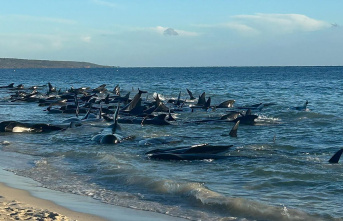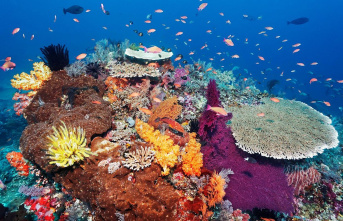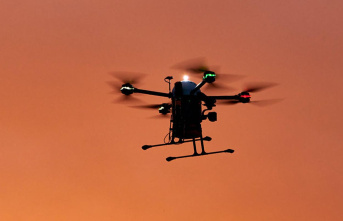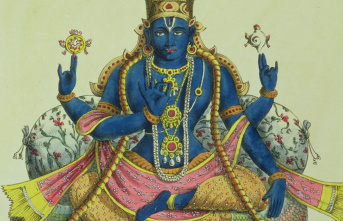The IX Summit of the Americas will be held in Los Angeles from June 6 to 10 and it is not yet clear which presidents will attend the meeting that should bring together all the countries of the Western Hemisphere. The majority will be there, but the absence of both the countries not initially invited by the US host (Cuba, Venezuela and Nicaragua), as well as the presidents who wish to protest that veto (those of Mexico and Bolivia, as they have announced so far; the one from Brazil says that he will not attend, although not as a protest) calls into question the health and very continuity of this regional forum.
The Summit was born in 1994, at the initiative of Bill Clinton, when the world was experiencing a wave of democratization.
The Berlin Wall had fallen and along with the new democracies that were emerging in Central and Eastern Europe, the end of military dictatorships and other authoritarian regimes was also generalized in Latin America, while some civil wars ceased. The maturation of this democratic expansion was the signing in 2001 of the Inter-American Democratic Charter, which came to underline that "momentum."
For almost three decades, the meeting format worked quite well, with appointments every three or four years. The initial ambition in the American mind, shared by many governments, was to advance towards a Free Trade Area of the Americas (FTAA) –it was the historical time of the great globalist impulse–, but the arrival to the Venezuelan presidency of Hugo Chávez in 1999 and other related leaders throughout the following decade aborted trade integration at the hemispheric level. However, the Summit continued to serve as a forum in which everyone could meet, discuss and make alliances visible, with a growing importance in addition to parallel activities by entities from civil society and the business world.
Formally culminating point was the VIII Summit, held in Panama in 2015, in which Cuba joined for the first time. Although independent from the Organization of American States (OAS), in reality the latter entity, which does not have a meeting of presidents (its annual general assembly is at the level of foreign ministers), has been acting as the secretariat of the summits and the vital tone of both platforms has been very rhythmic.
The scheme was sustained while the international context forced to adopt the traditional standards of liberal democracy as the "default" political system. But with the progressive slide towards dictatorship, now unapologetic, in Venezuela and Nicaragua (together with the lack of openness in Cuba) and the adoption of authoritarian tics by the presidents of Bolivia, El Salvador and, to a certain extent, those of Brazil and Mexico, has begun to undermine the conceptual framework on which both the Summits of the Americas and the last decades of life of the OAS itself were based.
The Summit survived the "anti-imperialist" attacks of Chávez, Correa and Morales, because despite their populism they continued to feel the convenience of legitimizing their power in apparently free and competitive elections. But this is clearly no longer the case with Maduro and Ortega. On the other hand, populism of different signs has been installed without the need to justify itself. The populist Trump seriously damaged the Summit of the Americas by not attending Lima in 2018. Without the president of the United States then, or without the presidents of Mexico and Brazil, as can happen now, the forum is devalued and does not live up to its name.
Trump's absence was explained because in those days the White House was focused on a punitive bombing operation against Syria, which occurred during the Summit, but that Administration had already shown little interest in hemispheric multilateralism and could possibly have scheduled the attack. for a few days later.
It is true that the power and influence of the United States in the world, also in its continent, were greater in 1994 than they are today. But in the current crisis, the regional political moment of loss of the context of "democratic coercion" probably weighs more heavily, where the populist and authoritarian believes they have a patent to act without having to give explanations internationally. We are at the end of a great cycle in Latin America, which is experiencing how what has actually been a "democratic window" in the world is closing without many countries having advanced in solid civil values and in institutional foundations.
Joe Biden has tried to attract possible dissident presidents by announcing last week some measures of grace towards the regimes of Cuba and Venezuela, and his team is turning these days to get both the Mexican López Obrador to go to Los Angeles and that opposite front does not also extend to the presidents of Argentina, Chile and Honduras, who have also shown concern with the "selection" of guests made by the White House.
However, beyond who is at the Summit next week, the real pulse revolves around the OAS. And that is a deeper and longer battle. And here the lower weight of the United States in its regional environment does have an influence, and a lot.












